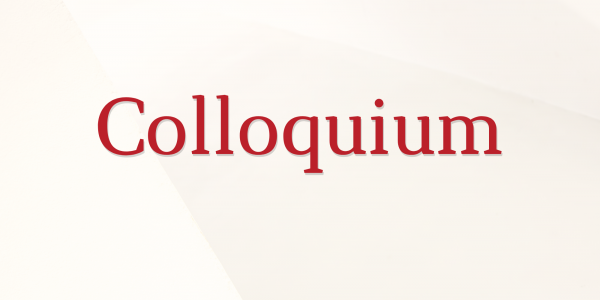Colloquium
Title: The New Mooreans
Abstract: There is a common intuition about the structure of value—about the dependence of one form of value on another. If anything is relationally valuable, then something must be non-relationally valuable. There is more than one way to motivate a claim about value-dependence. For example, it appears in much-discussed arguments by infinite regress. The argument that is in question in this article is a dependency argument, but it is not regressive. It says that when something is intrinsically good for someone, which is to say, directly beneficial for them, it is so (in part but necessarily) because it is good simpliciter. Proponents of the argument have perfectionist values chiefly in mind, which is to say, forms of excellence or exemplariness in different domains: worthwhile artworks, striking natural formations, intellectual and scientific pursuits. They contend that the fact that engaging with perfectionist goods is non-instrumentally good for people depends on the fact that perfectionist goods are good simpliciter. I argue that this style of dependency argument is not forced on us by intuitive claims about dependence, or by the need to be adequate to the character of our practices with perfectionistic values. A relational theory can plausibly account for perfectionist goods. To the extent that they were intended to present a hard case for the view that good is good for, I provide a line of defense for this, a relational, theory of value.

